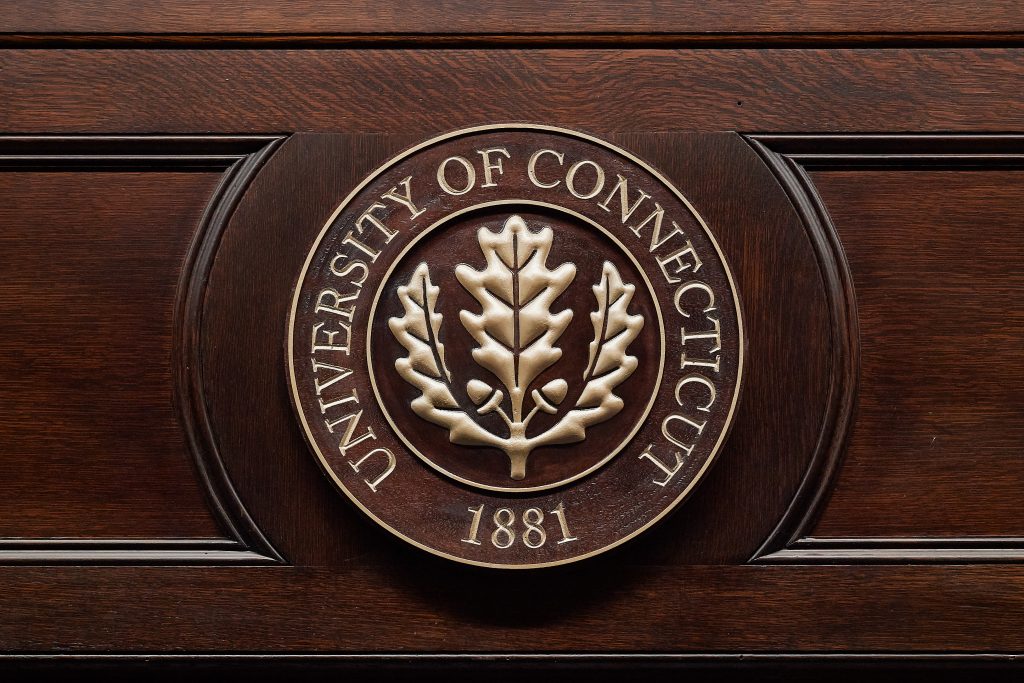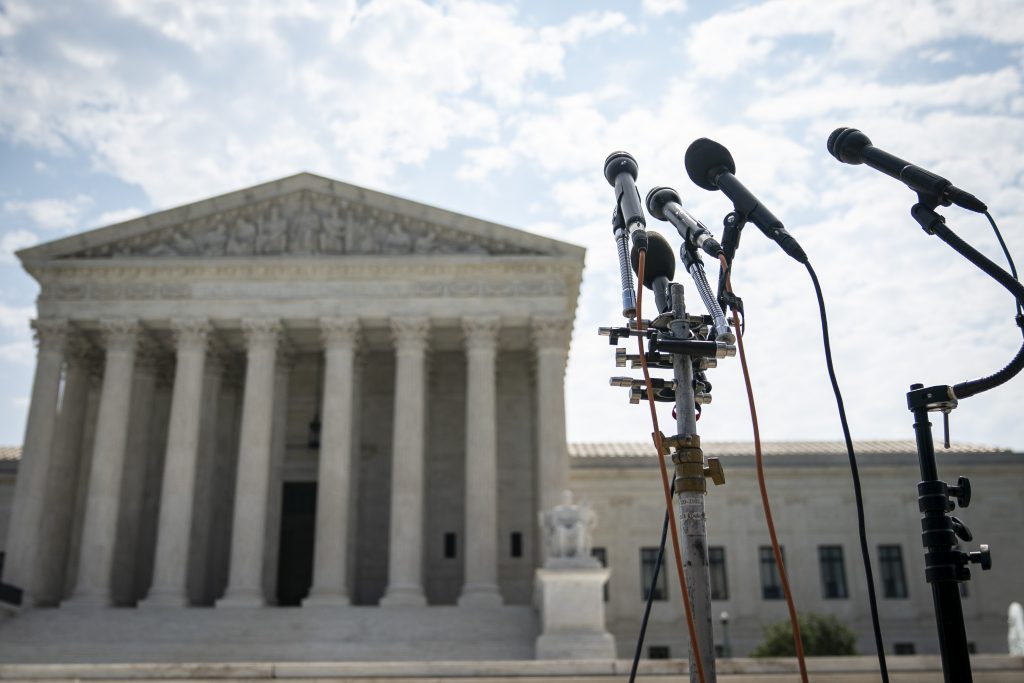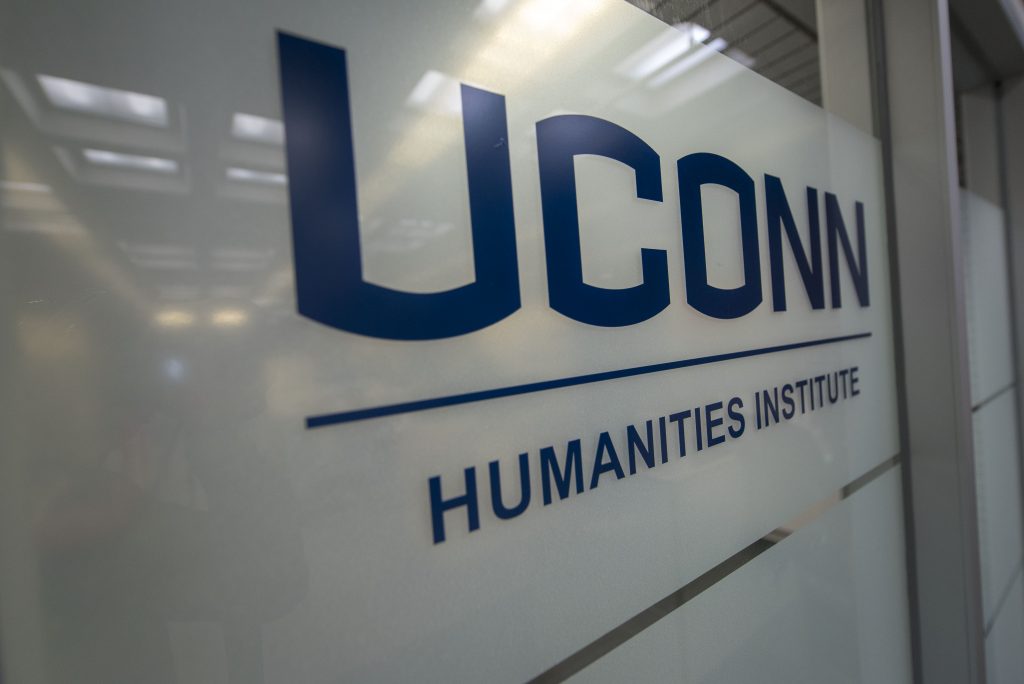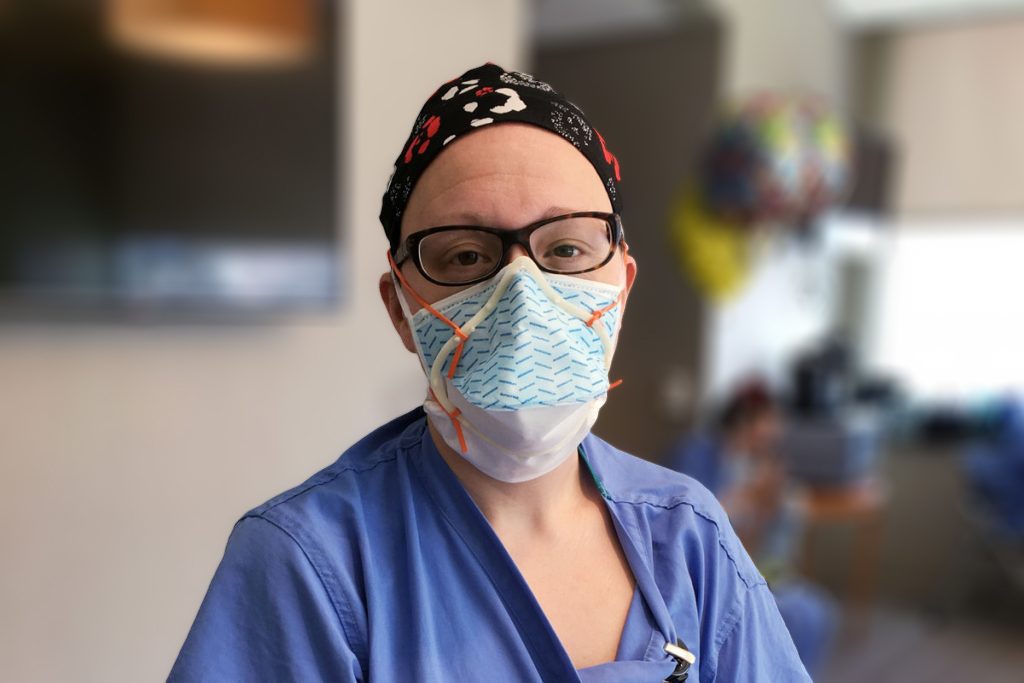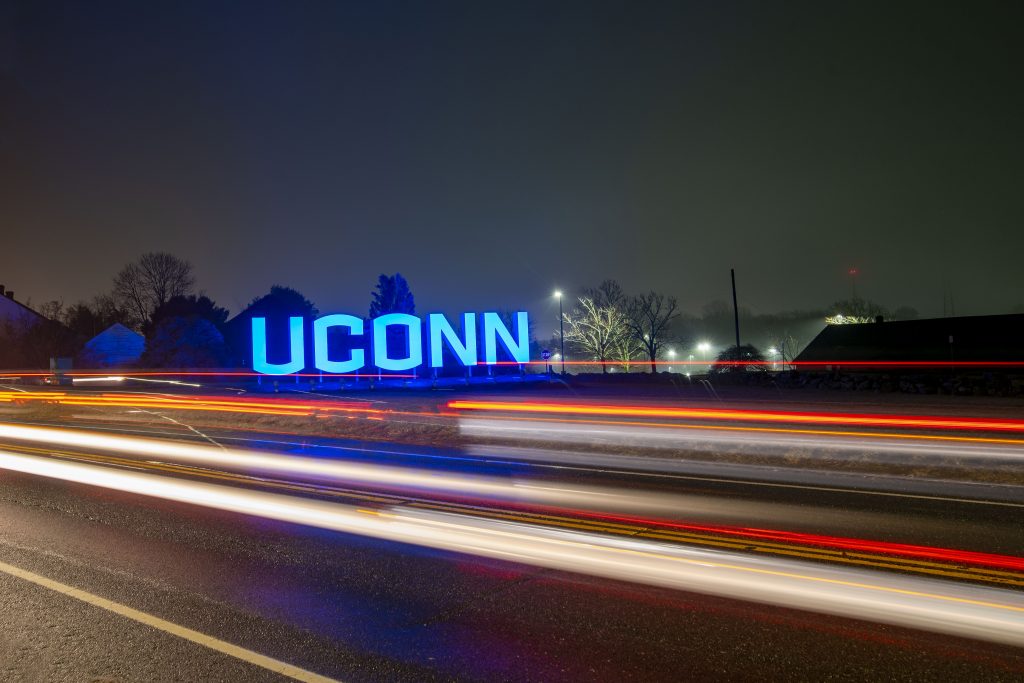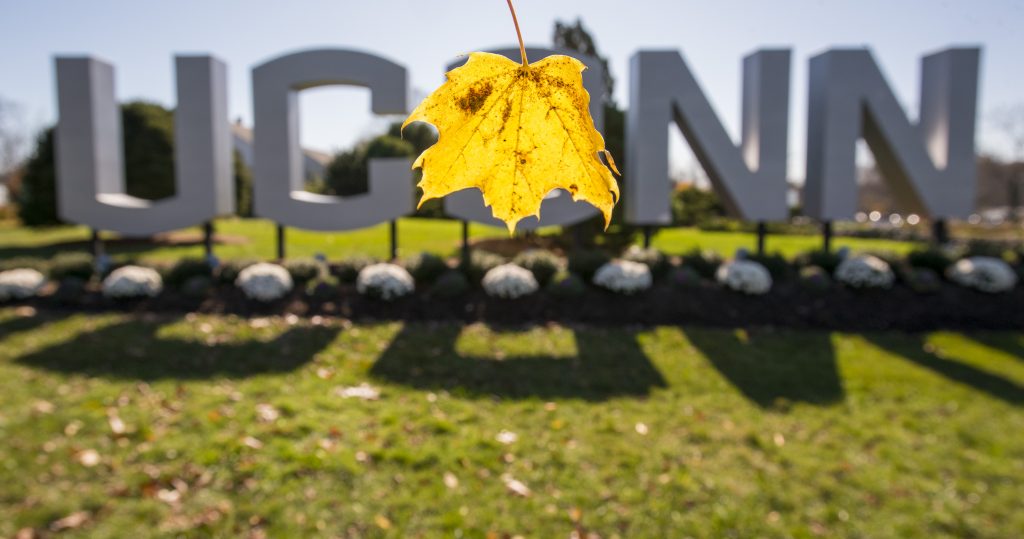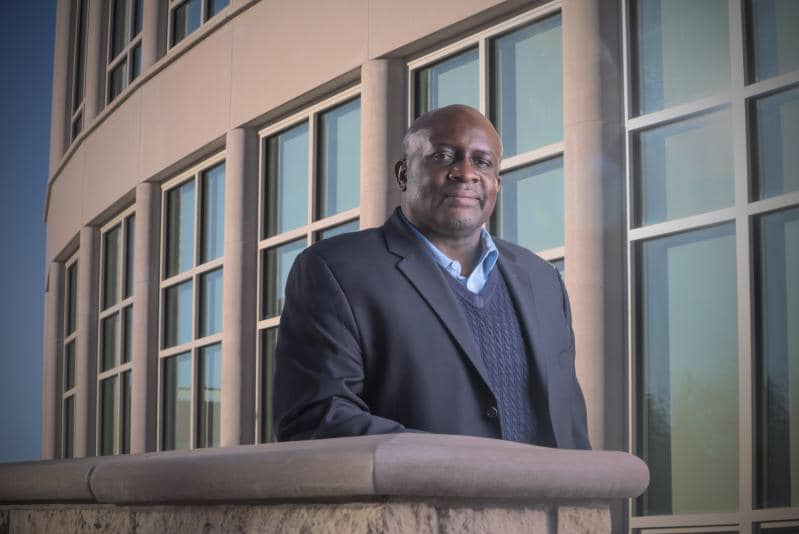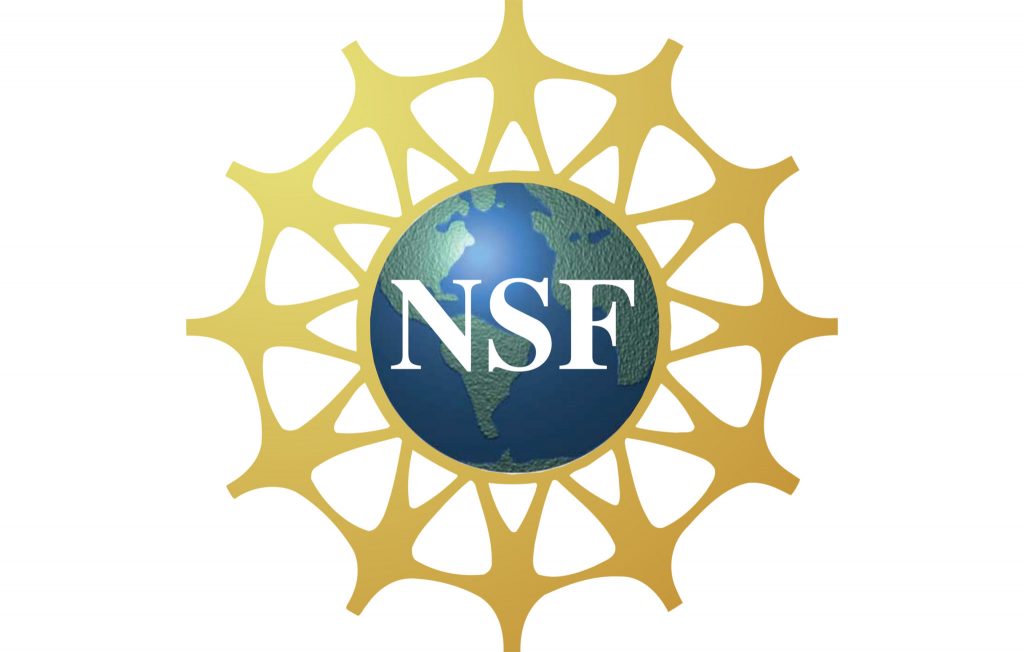uconn.edu Homepage
UConn COVID-19 Testing Strategy for Fall 2020
Details about the University's fall 2020 plans for COVID-19 testing for students, faculty, and staff.
July 20, 2020 | The University of Connecticut
UConn Supports Lawsuit Over Federal Rule on International Students
The University strongly opposes a federal order that would expel international students from the US if their fall 2020 coursework is entirely online.
July 14, 2020 | Mike Enright '88 (CLAS), University Communications
UConn Law Professor’s Brief Cited in Landmark Supreme Court Case
UConn School of Law Professor Bethany Berger's legal brief was cited by the Supreme Court in a ruling with broad implications for Native American sovereignty.
July 13, 2020 | Camille Chill, School of Law
$750,000 Mellon Foundation Grant to Expand NE Humanities Consortium Faculty of Color Working Group
UConn's Humanities Institute has won a $750,000 grant to expand a working group for faculty members of color in the 12-member New England Humanities Consortium.
July 7, 2020 | Combined Reports
UConn-made COVID-19 Mask Solution Coming to Market
Licensing deal with Connecticut Biotech of South Windsor enables commercial production of custom-fit mask frames developed by UConn’s Connecticut Convergence Institute for Translation in Regenerative Engineering.
July 2, 2020 | Chris DeFrancesco '94 (CLAS)
A Message to UConn About Plans for Fall 2020
A message to the UConn community with details about plans for the Fall 2020 semester.
June 30, 2020 | The University of Connecticut
A Statement From UConn on DACA
A statement from the University of Connecticut on the DACA program.
June 19, 2020 | The University of Connecticut
A Message From President Katsouleas on Fall 2020
President Thomas Katsouleas writes to the UConn community with an update on plans for the fall semester.
June 10, 2020 | President Thomas Katsouleas
Franklin A. Tuitt Named Chief Diversity Officer
Franklin A. Tuitt, who has over two decades of higher education administration experience, has been named Vice President and Chief Diversity Officer at the University of Connecticut. He will officially begin his duties in July 2020.
May 28, 2020 | Mike Enright '88 (CLAS), University Communications
UConn Faculty Members Win Prestigious Research Awards
Seven UConn faculty members have been named National Science Foundation Faculty Early Career Development Program (CAREER) award winners.
May 20, 2020 | Combined Reports
